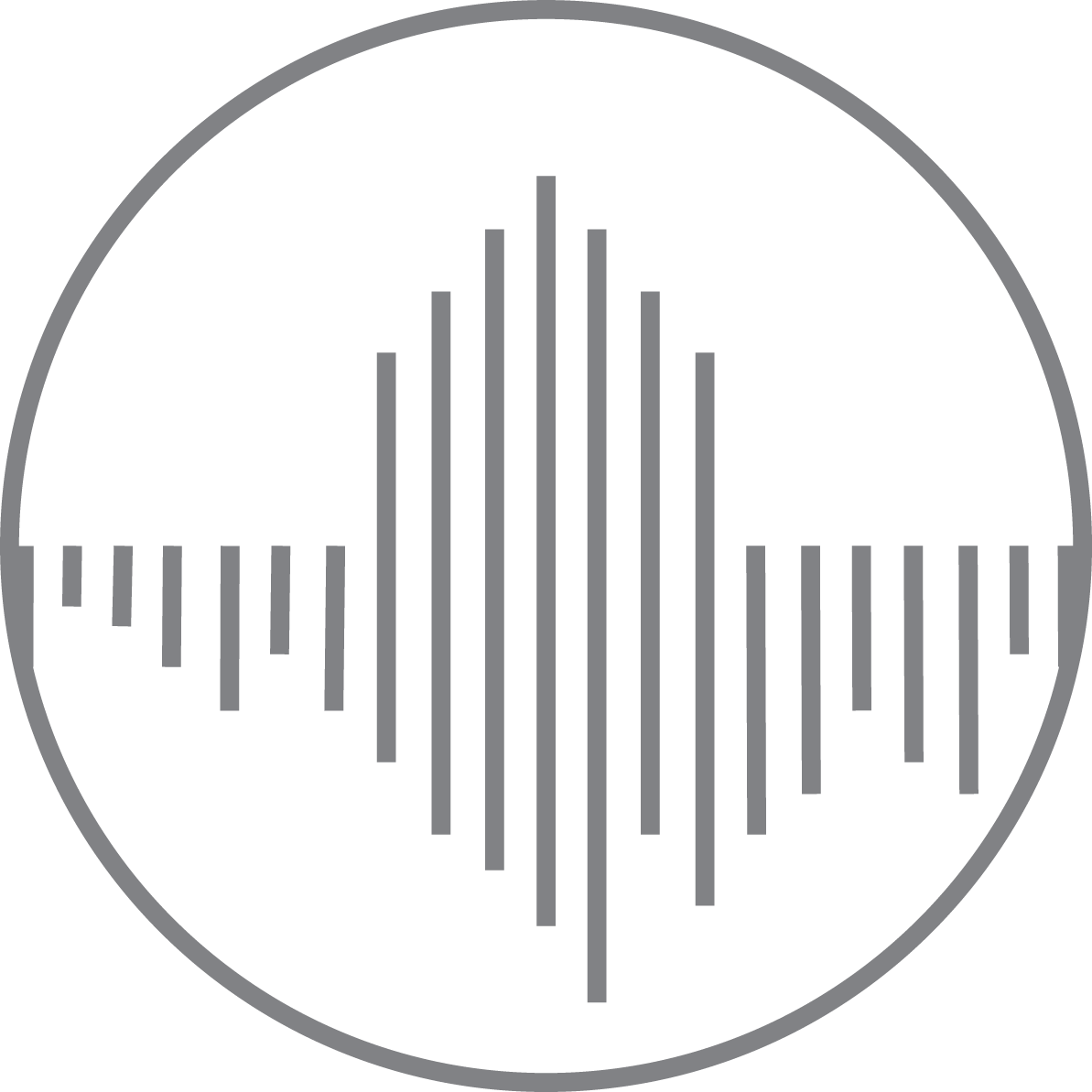The Cost of a Performance House
Designing and building an energy-efficient home is becoming increasingly relevant in New Zealand. The government has set a target for the country to be carbon-neutral by 2050, which means that households need to reduce their carbon footprint significantly. In this blog post, we will explore the cost benefits of designing and building an energy-efficient home in New Zealand.
Lower energy bills New Zealand has some of the highest energy prices in the world, making energy efficiency a significant factor in reducing household expenses. Energy-efficient homes are designed to use less energy to maintain a comfortable indoor temperature, which means that homeowners can save money on their monthly utility bills by consuming less energy.
Increased resale value Energy-efficient homes are becoming increasingly popular in New Zealand. As more homebuyers prioritize energy efficiency, homes that are designed with energy efficiency in mind may have a higher resale value than homes that are not. Additionally, the government has introduced policies to encourage the construction of energy-efficient homes, which may increase the demand for such homes in the future.
Tax incentives and rebates The New Zealand government has offered tax incentives and rebates to homeowners who invest in energy-efficient upgrades for their homes. These incentives and rebates can help offset the initial costs of designing and building an energy-efficient home. With the commitment to net zero, we may see some more incentives and rebates provided.
Building Regulations and Standards New Zealand building regulations and standards are well documented as being abysmal. We are only starting to see the beginnings of a positive shift and the Building Code requirements for new homes to meet minimum energy-efficiency standards are beginning to show some momentum. Additionally, the Homestar rating system provides a tool for homeowners to evaluate the energy efficiency of their homes.
Reduced environmental impact Energy-efficient homes have a lower carbon footprint than traditional homes, which is important in meeting the country's carbon-neutral target. By reducing the amount of energy that is consumed, homeowners can reduce their environmental impact and contribute to a more sustainable future.
Improved indoor air quality Energy-efficient homes are designed to have better air quality than traditional homes. This is because energy-efficient homes often have better ventilation systems that can reduce the amount of indoor pollutants and allergens. This is particularly important in New Zealand, where poor indoor air quality has been linked to health issues such as asthma.
In conclusion, designing and building an energy-efficient home in New Zealand can lead to significant cost benefits and environmental advantages. With lower energy bills, increased resale value, tax incentives and rebates, and improved indoor air quality, homeowners can enjoy a comfortable and sustainable living space while contributing to the country's carbon-neutral target. Additionally, building regulations and standards ensure that energy efficiency is a priority in the construction of new homes in New Zealand.

